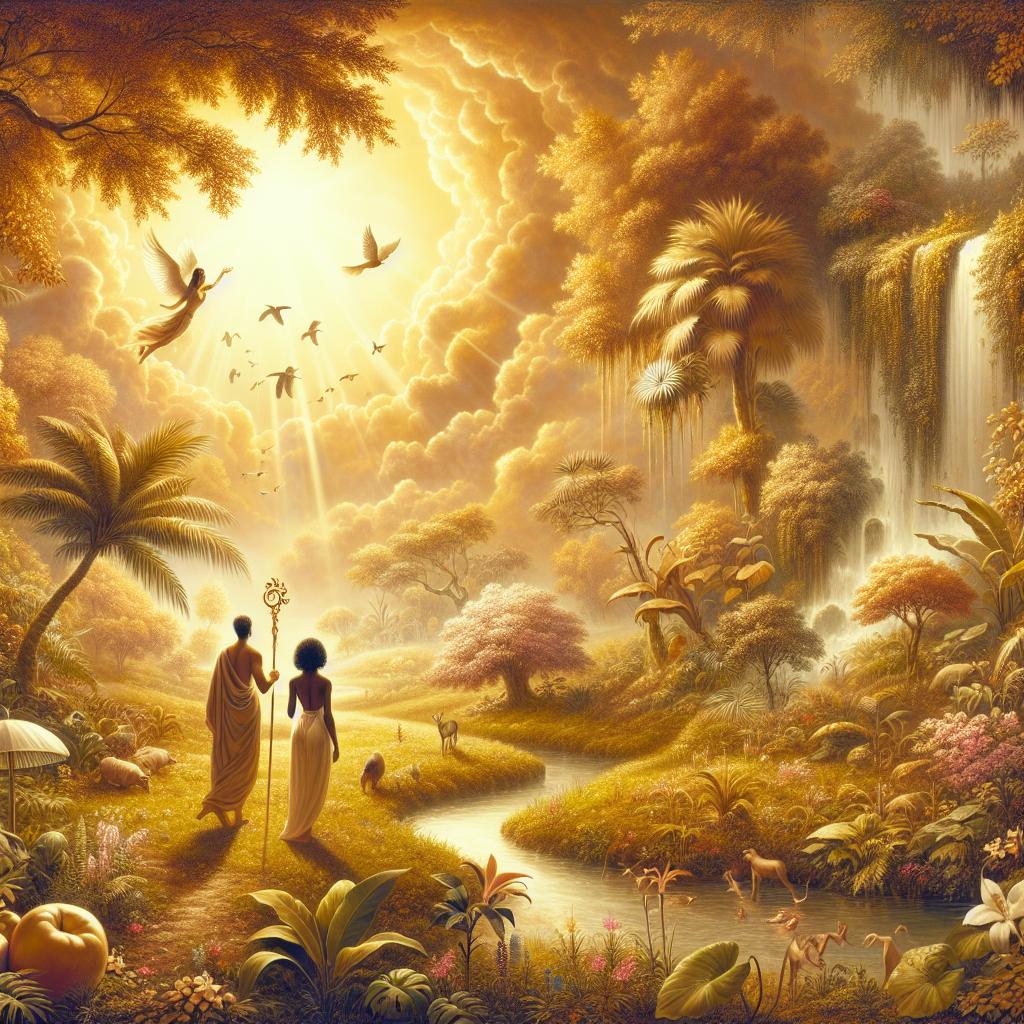
Unveiling the Eternal Mystery of the Seventh Day in Christianity
Published: 26 June 2024
Is the Seventh Day an Eternal Day?
Some people argue that the seventh day of the Creation Week, on which God rested, was not an ordinary day, but rather an eternal day. They believe that the seventh day represents a long time period, potentially spanning thousands of years or even indefinitely. However, this interpretation does not align with the scriptural evidence for several reasons.
-
God's present rest does not imply a long seventh day. Hebrews 4:3-4 states that God has been resting since the creation of the world. However, this passage does not suggest that the seventh day of Creation Week is continuing to the present. Instead, it emphasizes that God's rest is ongoing. If the Bible were speaking of a literal continuation of the seventh day of rest, then everyone would already be in this rest. Therefore, it is clear that the rest referred to is a spiritual rest found through faith in Christ.
-
God's rest on the seventh day is spoken of in the past tense. In Genesis 2:3, the Hebrew word for "rest" (shabat) is in the perfect form, indicating action finished in the past. While God continues to "rest" from His work of creation because it is complete, Scripture never states that God is currently "resting on the seventh day." This suggests that the seventh day was a completed event and not an ongoing period.
-
Exodus 20:9-11 supports a literal interpretation. The commandment to work for six days and rest on the seventh directly parallels the six days of creation and God's rest on the seventh day. This passage clearly indicates that the six days were ordinary days and not long periods of time. It does not teach an eternal weekend but rather establishes a pattern for work and rest based on the original creation week.
-
Interpreting the seventh day as eternal contradicts Scripture. An interpretation of Scripture that contradicts other statements in Scripture must be considered incorrect. The rest of the Bible consistently points to a literal six-day creation week. The Hebrew word for "day" (yom) always refers to an ordinary day when associated with a number or the words "evening" or "morning." If God intended to convey long periods of time, He could have used different words. Additionally, the introduction of death, disease, and pain after the Fall of Man contradicts the idea of millions of years of these things occurring before the Fall.
Why This Matters: Understanding the duration of the seventh day is important because it affects our interpretation of the creation account in Genesis. The Bible consistently presents a literal six-day creation week, and interpreting the seventh day as eternal undermines this understanding. It is crucial to interpret Scripture faithfully and avoid contradicting other passages or introducing ideas that are not supported by the text.
Think About It: Consider the significance of God's rest on the seventh day. By designating a specific day for rest, God established a pattern for human work and rest. This pattern reflects His wisdom and care for our physical and spiritual well-being, reminding us that we need both productive work and rejuvenating rest in our lives.
